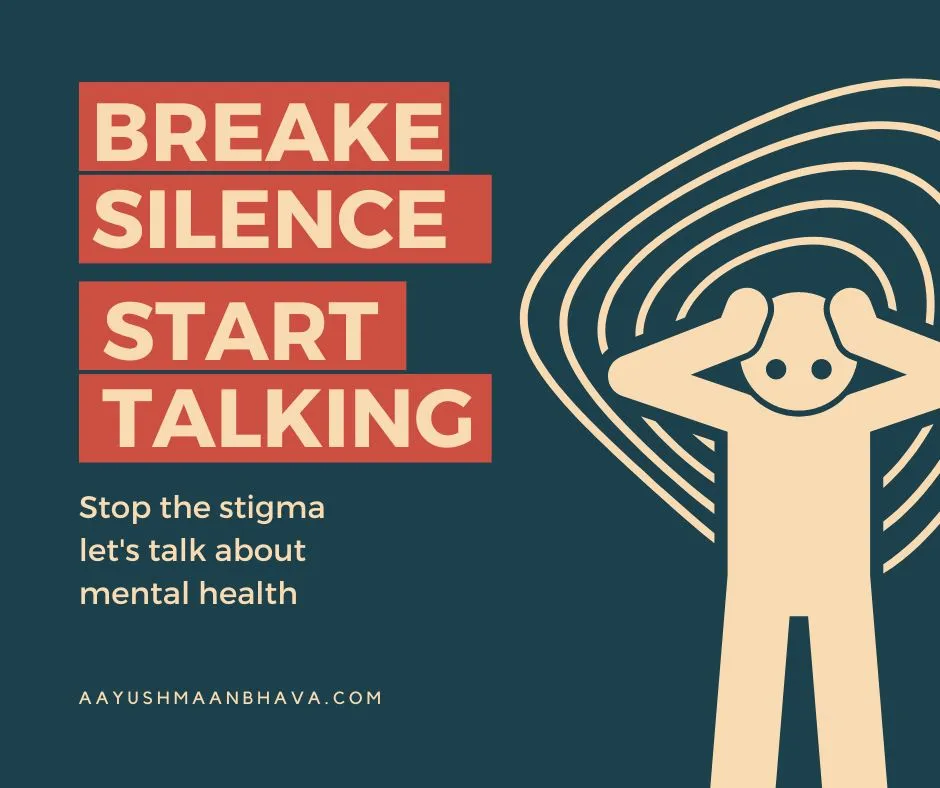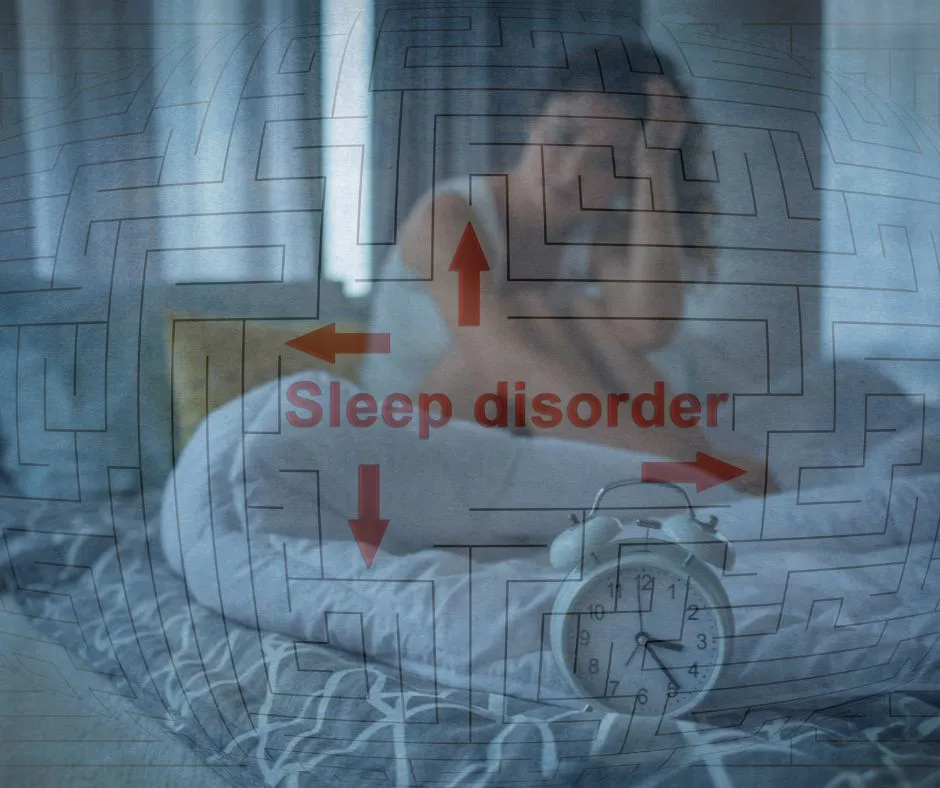Mind health is an integral part of overall health and well-being. It is defined as a state of emotional, psychological, and social well-being in which an individual can function effectively, cope with the stresses of life, and contribute to their community.
Mental health problems can affect anyone, regardless of age, gender, or background. In fact, it is estimated that 1 in 4 people worldwide will experience a mental health problem in their lives.
Some of the most common Mind health issues include anxiety, depression, bipolar disorder, and schizophrenia. These conditions can have a profound impact on a person’s quality of life, making it difficult to work, socialize, and enjoy daily activities.
If left untreated, mental health problems can also lead to physical health problems, substance abuse, and even suicide.
Fortunately, there are many ways to promote good mental health and prevent mental health problems from developing or worsening. Here are some suggestions for promoting mind health:
Prioritize self-care: Engage in activities that make you feel good, such as exercise, meditation, or spending time with loved ones. Take time to do things that make you happy and relaxed.
Build a support network: Connect with friends and family or join a support group. Talking to others about your thoughts and feelings can help you feel less isolated and more supported.
Manage stress: Find healthy ways to cope with stress, such as deep breathing exercises, yoga, or talking to a therapist. Stress is a natural part of life, but if left unmanaged, it can lead to mental health problems.
Practice gratitude: Focus on the positive aspects of life and express gratitude to them. This can help you develop a more positive outlook on life, which is essential for good Mind health.
Seek help if needed: If you are experiencing symptoms of a mental health problem, seek professional help. This may include talking to your doctor, a therapist, or a mental health professional.
Besides these suggestions, there are many other ways to promote good mental health. For example, getting enough sleep, eating a healthy diet, and avoiding substance abuse can all contribute to good mental health.
It is important to remember that mental health problems are not a sign of weakness, and seeking help is a sign of strength. If you or someone you know is struggling with mental health problems, it is important to seek help as soon as possible. Early intervention can lead to better outcomes and a faster recovery.
In conclusion, maintaining good mental health is essential for overall well-being. By prioritizing self-care, building a support network, managing stress, practicing gratitude, and seeking help when needed, individuals can promote their mind health and lead fulfilling lives.
It is important to seek professional help if one is experiencing symptoms of a mental health problem, as early intervention can lead to better outcomes. Mental health problems can affect anyone, but with the right support and treatment, it is possible to live a happy and healthy life.

Exploring Mood Disorders: A Guide by Mind Health Trainer

Revolutionize Your Life with the Power of Color Therapy: Ultimate Guide

Exploring Spiritual Healing: Understanding its Power and Essence

Beware of These 5 Common Habits That Could Be Silently Affecting Your Health

Baddha Konasana: The Bound Angle Pose for Improved Flexibility and Wellness

Unlocking the Mystery of Sleep Disorders: Symptoms, Causes, and Treatments

Ashtha Vakraasan: Unlocking the Secrets of the Eight-Angle Pose

Anantaasan: The Serpent’s Pose in Yoga – Unraveling the Benefits and Techniques

How Gyan Mudra Can Enhance Your Mind and Body: A Comprehensive Guide

